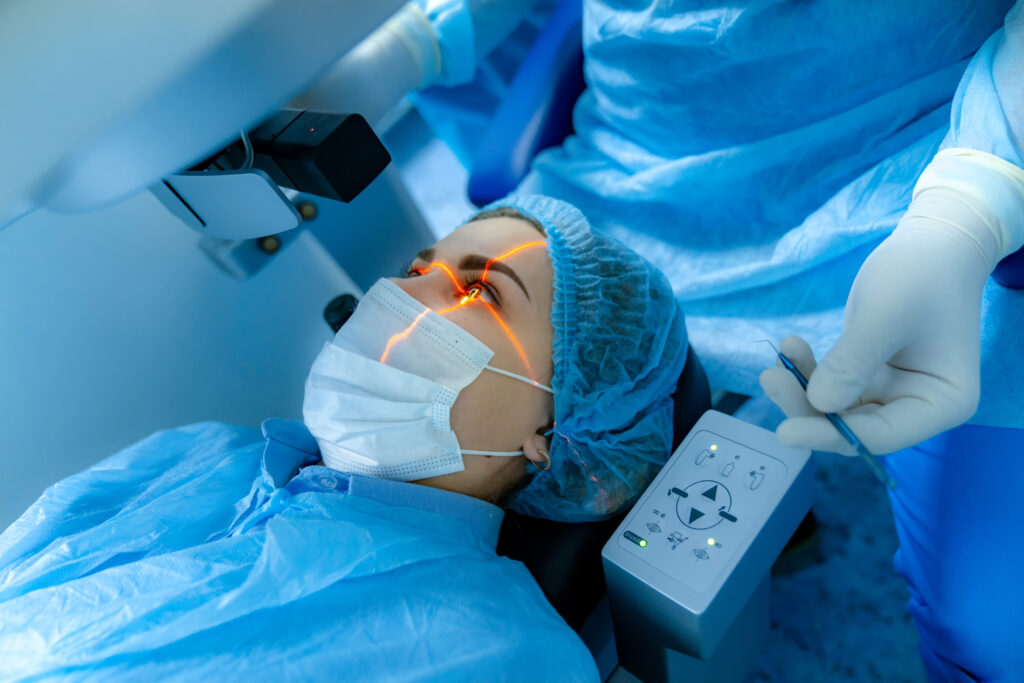LASIK Eye Surgery is a popular way to correct vision problems. Many people choose LASIK to reduce their need for glasses or contact lenses. This laser eye surgery can help people with nearsightedness, farsightedness, or astigmatism. If you want to see clearly without glasses, LASIK Eye Surgery may be an option for you. However, it is important to know the facts before making a decision.
What is LASIK Eye Surgery?
LASIK stands for Laser-Assisted In Situ Keratomileusis. In simple words, it is a type of refractive surgery that uses a laser to reshape the clear front part of your eye, called the cornea. By changing the shape of the cornea, LASIK helps light focus properly on the back of your eye. As a result, you can see more clearly. The procedure is quick and usually painless. Most people notice better vision within a day or two.
Who is a Candidate for LASIK?
Not everyone is a good fit for LASIK Eye Surgery. Still, many adults with vision problems can benefit. You may be a candidate if you:
However, some health conditions or medications may affect your eligibility. Therefore, always talk to an eye doctor before deciding.
Benefits of LASIK Eye Surgery
Many people choose LASIK for its clear benefits. For example, you may enjoy:
In addition, LASIK has a high success rate. According to the American Academy of Ophthalmology, over 90% of patients achieve 20/20 vision or better after surgery.
Risks and Potential Side Effects
Like any surgery, LASIK has some risks. However, most side effects are mild and temporary. Common risks include:
Most side effects improve with time or with eye drops. Still, it is important to follow your doctor’s advice to lower your risk. If you notice any problems after surgery, contact your eye specialist right away.
How to Prepare for LASIK
Proper preparation can help you get the best results. Before your LASIK Eye Surgery, consider these tips:
Because preparation is key, always ask your doctor if you have questions.
What to Expect During the Procedure
Knowing what happens during LASIK can ease your mind. Here is a step-by-step overview:
The whole process takes about 15 minutes for both eyes. Most people feel only mild pressure, not pain.
Recovery and Aftercare
After LASIK Eye Surgery, your eyes may feel dry or itchy. However, these feelings usually go away within a few days. To help your eyes heal:
Most people return to normal activities within a day or two. Still, always follow your doctor’s advice for the best results.
Frequently Asked Questions
Prevention and Eye Health Tips
After LASIK, it is important to keep your eyes healthy. Here are some tips:
By following these steps, you can help maintain clear vision for years to come.
In summary, LASIK Eye Surgery is a safe and effective way to improve vision for many people. However, it is important to understand the benefits and risks. For personalized advice, consult an eye specialist before making your decision.

